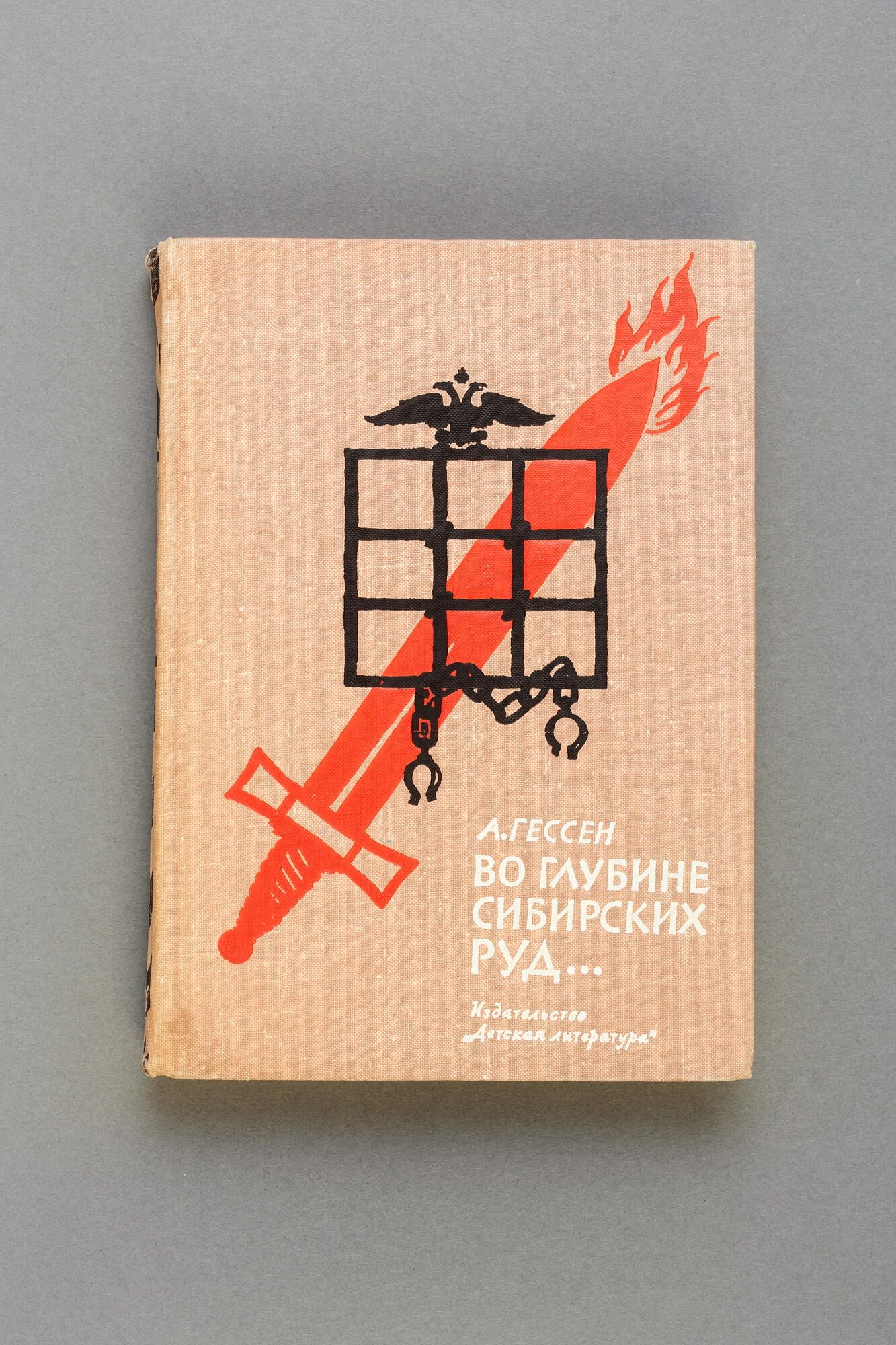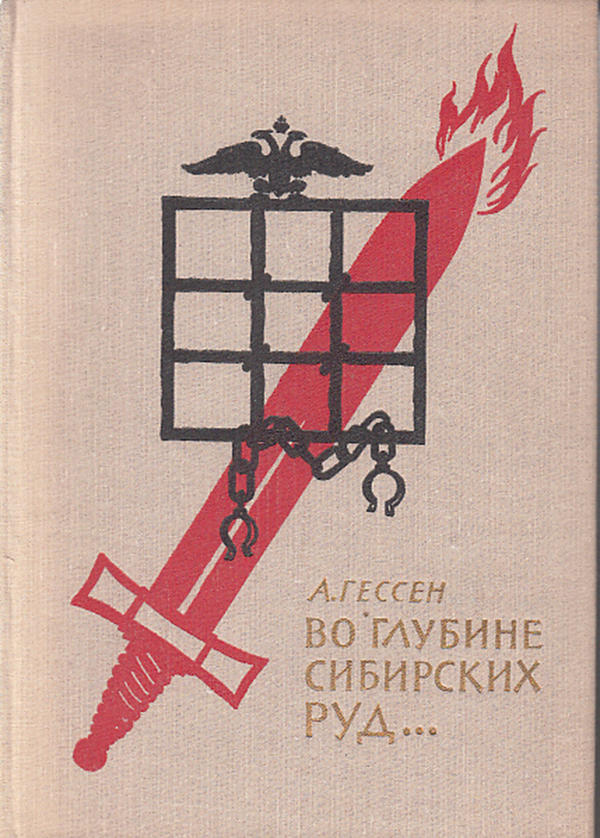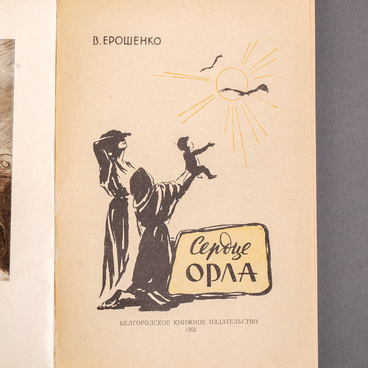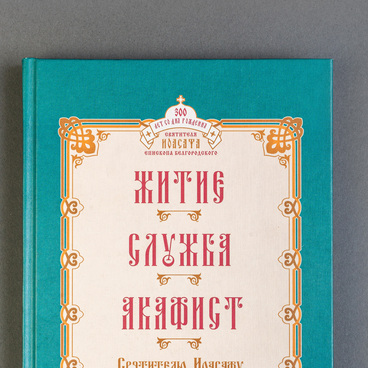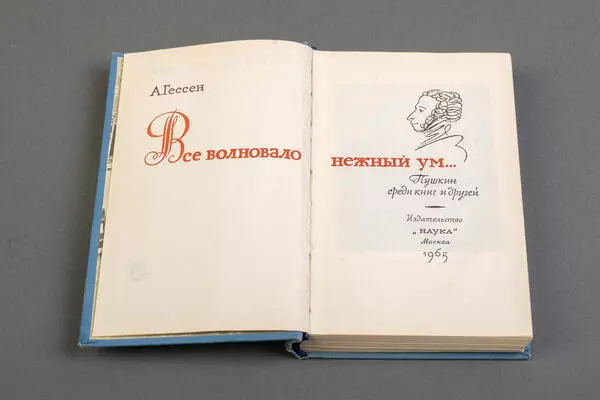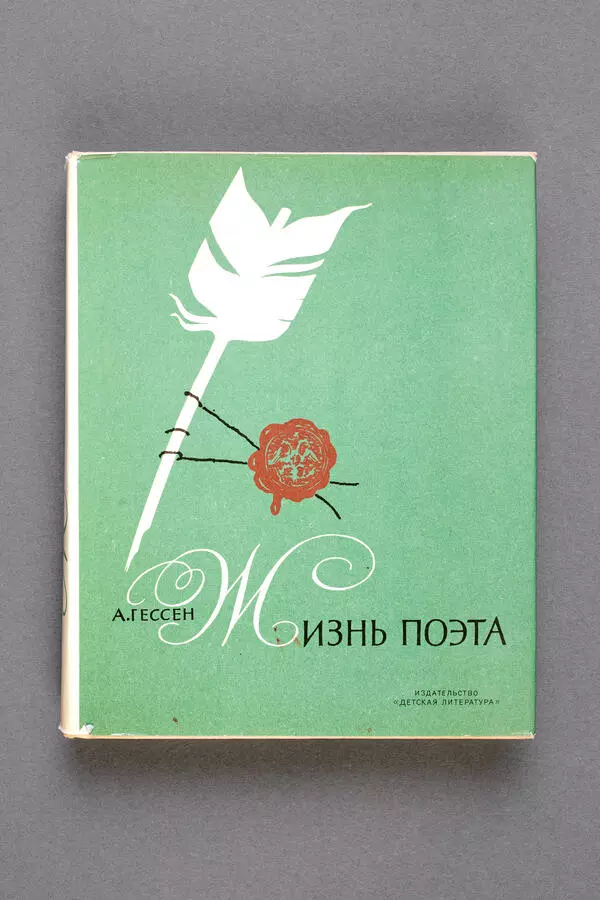The historical novel “In the depths of Siberian mines” (published in 1963) is the second major work by Arnold Ilyich Gessen as a Pushkinist. Gessen shared the opinion of the historian Militsa Vasilyevna Nechkina, who wrote, “Pushkin cannot be understood without the Decembrists, just as the Decembrists cannot be understood without Pushkin, ” and he used the first line of Pushkin’s poem of 1827 as a title for his book.
At that time, the inspiring poem was the only way for the poet to support his friends; the manuscript was brought to Siberia by one of the Decembrist wives, Alexandra Grigoryevna Muravyova, and the poem quickly reached the addressees. The quote defines not only the book’s theme, which is the life of exiled Decembrists, but also its main idea and the close spiritual connection between the rebels and the poet himself, who escaped exile but still shared their views. The central images of the novel are the Decembrists themselves and their wives and brides who followed them.
While working on the book, Arnold Gessen studied archival documents, manuscripts, correspondence, memoirs, and accounts of contemporaries, and talked with Alexander Pushkin’s son, as well as the daughter and grandson of Anna Petrovna Kern. With this, he managed to describe the preparation, course, and consequences of the revolt in Senate Square using the accounts of its participants — in the book, Kondraty Ryleyev, Nikolay Bestuzhev, Ivan Pushchin, and others speak of doubts, friendly support, awareness of the risks and readiness to take them, saying goodbye to relatives and each other, their hopes and disappointments.
The book also features the character of Alexander Pushkin.
While still a lyceum student, the young poet, together with his friends, greeted the heroes of the Patriotic War of 1812. Many of them would subsequently participate in the revolt in Senate Square. Pushkin became friends with the Decembrists during his exile in the south; he managed to warn them about the impending arrest of his comrade, Vladimir Fedoseyevich Rayevsky; in a conversation with Nicholas I, without hesitation, he admitted that, if he could, he would be in the square next to his friends. In addition to poems, the “Siberian” theme was touched upon in one of the chapters of “Eugene Onegin”, which the poet later burned.
The book “In the Depths of Siberian Mines…” was reprinted in 1965 and received flattering reviews.
At that time, the inspiring poem was the only way for the poet to support his friends; the manuscript was brought to Siberia by one of the Decembrist wives, Alexandra Grigoryevna Muravyova, and the poem quickly reached the addressees. The quote defines not only the book’s theme, which is the life of exiled Decembrists, but also its main idea and the close spiritual connection between the rebels and the poet himself, who escaped exile but still shared their views. The central images of the novel are the Decembrists themselves and their wives and brides who followed them.
While working on the book, Arnold Gessen studied archival documents, manuscripts, correspondence, memoirs, and accounts of contemporaries, and talked with Alexander Pushkin’s son, as well as the daughter and grandson of Anna Petrovna Kern. With this, he managed to describe the preparation, course, and consequences of the revolt in Senate Square using the accounts of its participants — in the book, Kondraty Ryleyev, Nikolay Bestuzhev, Ivan Pushchin, and others speak of doubts, friendly support, awareness of the risks and readiness to take them, saying goodbye to relatives and each other, their hopes and disappointments.
The book also features the character of Alexander Pushkin.
While still a lyceum student, the young poet, together with his friends, greeted the heroes of the Patriotic War of 1812. Many of them would subsequently participate in the revolt in Senate Square. Pushkin became friends with the Decembrists during his exile in the south; he managed to warn them about the impending arrest of his comrade, Vladimir Fedoseyevich Rayevsky; in a conversation with Nicholas I, without hesitation, he admitted that, if he could, he would be in the square next to his friends. In addition to poems, the “Siberian” theme was touched upon in one of the chapters of “Eugene Onegin”, which the poet later burned.
The book “In the Depths of Siberian Mines…” was reprinted in 1965 and received flattering reviews.
